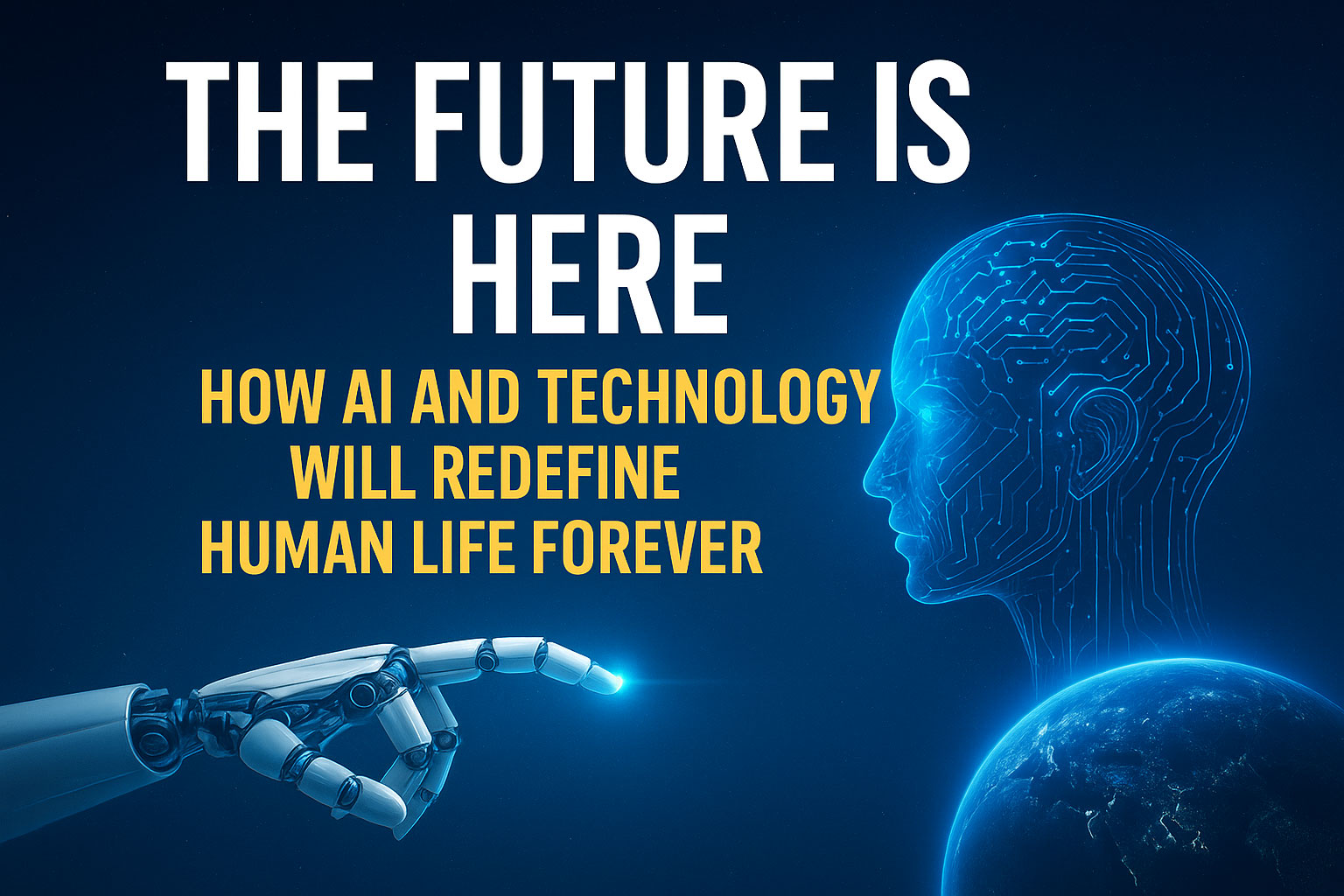In today’s rapidly changing world, technology is no longer just a tool — it has become the driving force behind every aspect of human life. From artificial intelligence (AI) to robotics, biotechnology to space exploration, the future we once saw only in movies is now unfolding in front of our eyes.
AI has already transformed how we work, shop, and communicate. From Chatbots to self-driving cars, its impact is only going to multiply. Experts predict that in the next decade, more than 40% of jobs could be reshaped by automation and intelligent systems. While some fear job losses, others see this as an opportunity for humans to focus on creativity, innovation, and problem-solving.
Another breakthrough area is biotechnology. Imagine a world where diseases like cancer or Alzheimer’s can be detected and treated in their earliest stages, where human organs can be grown in labs, and where average life expectancy could cross 100 years. That is not science fiction anymore — it’s a reality being developed right now.
Space exploration is also entering a new era. Companies like SpaceX and Blue Origin are racing to make interplanetary travel possible. The dream of colonizing Mars is no longer a fantasy but a mission in progress. Soon, humanity may not only live on Earth but expand its existence to the stars.
However, with great power comes great responsibility. The rise of advanced technologies also brings risks — ethical dilemmas, misuse of AI, privacy concerns, and cyber threats. If not handled wisely, the same tools that can save humanity could also become its biggest challenge.
One thing is certain: The future will not wait for anyone. Nations, businesses, and individuals who embrace innovation will lead, while those who resist will be left behind. The question is — are we ready to adapt to this unstoppable wave of change?



